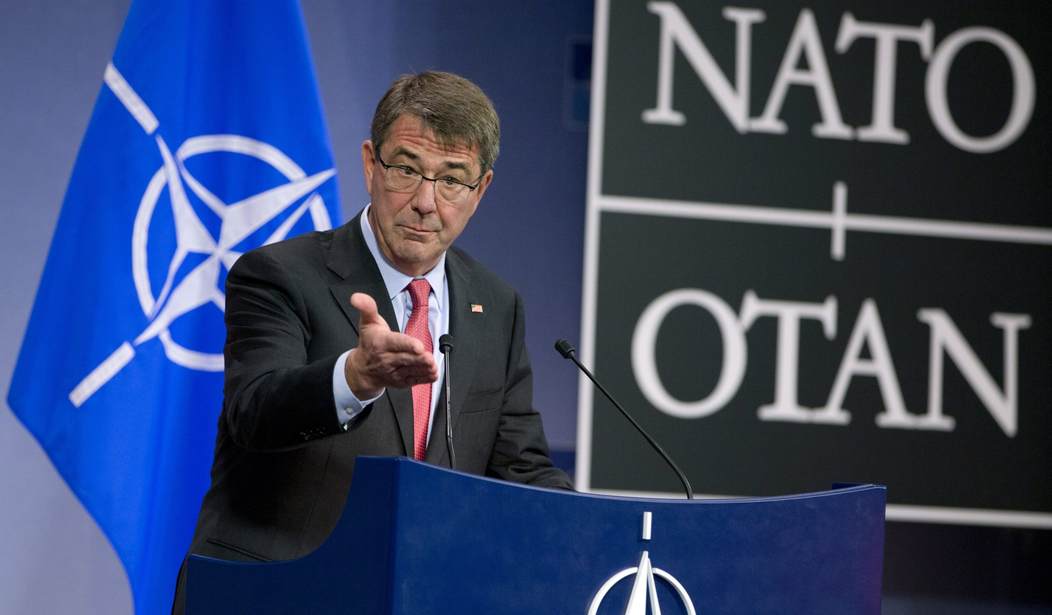I missed an important point in yesterday’s column about Russia, Turkey, and the risks of a broader war over Turkey — but it’s something I did cover over a year ago.
You see, two problems remain: Why are we stuck defending an increasingly Islamist and unreliable ally like Turkey, and why can’t Europe pull its weight?
Here’s what I wrote in November of 2014:
25 years ago, NATO should have thrown itself one hell of a victory party, then dissolved in the afterglow. The core states of northern and western Europe and the US could have enjoyed a less formal éntente cordiale, and non-core, non-democratic states could have gone on their merry ways. Should a big enough threat emerge (or re-emerge), the threatened states could always form a new alliance. But absent a real threat, a defensive alliance is a contradiction in terms.
Instead of happy dissolution, NATO chose expansion — right up to the borders of the old USSR. And NATO made promises, and held out the carrot of potential membership, to former Soviet Republics like Ukraine and Georgia. So while it may be true that Vladimir Putin is paranoid, but it’s certainly true that NATO has fed his paranoias. Just as bad, or worse if Carpenter has it right, we’ve invited in, or kept on, states with no democratic traditions, whose democracies are unraveling.
What missed back then — and yesterday as well — is that keeping NATO past its Best By date allowed Britain, France, and Germany to live with the illusion that they could go on indefinitely with minuscule defense budgets. Our attention drifted elsewhere, with the Soviet Union gone and al Qaeda all-too-present. Plus China’s rise demands more of our attention each year.
But so long as the North Atlantic Treaty’s Article 5 was in effect (“an armed attack against one or more of them in Europe or North America shall be considered an attack against them all”) then Europe could (and did) slash defense spending, comfortable in the illusion that America would always be there.
While cutting those budgets, NATO increased its area of responsibility to include the non-Soviet members of the defunct Warsaw Pact and even the once-Soviet Baltic States.
NATO, in short, bit off more than it could chew while letting its teeth rot.









Join the conversation as a VIP Member